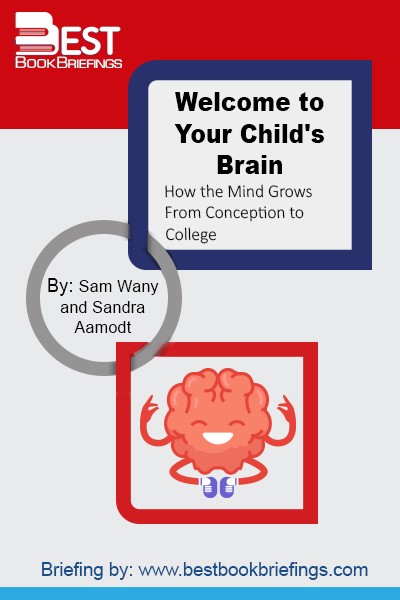Welcome to Your Child's Brain
How the Mind Grows From Conception to College
Editorial Review
How children think is one of the most enduring mysteries—and difficulties—of parenthood. The marketplace is full of gadgets and tools that claim to make your child smarter, happier, or learn languages faster, all built on the premise that manufacturers know something about your child's brain that you don't. These products are easy to sell, because good information about how children's minds really work is hard to come by. In their new book, neuroscientists Sandra Aamodt and Sam Wang separate fact from fiction about the inner workings of young minds. Martialing results from new studies and classic research, Aamodt and Wang provide the most complete answers out there on this subject. It liberates readers from superstitions and speculation, such as Freud's idea that all relationships are modeled on one's mother, or that it's not safe to eat sushi while pregnant. And it will reveal new truths about everything from how to make your baby sleep, to why we love to snuggle, to how children learn, forget, play, talk, walk, and feel. Welcome to Your Child's Brain is eye-opening and necessary, soon to become a staple for parents and children alike.
Book Reviews
Books on Related Topics
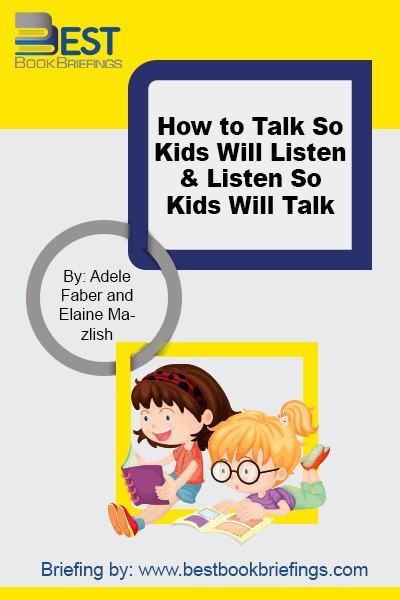
Here is the bestselling book that will give you the know-how you need to be effective with your children. Enthusiastically praised by parents and professionals around the world, the down--to--earth, respectful approach of Faber and Mazlish makes relationships with children of all ages less stressful and more rewarding. Recently revised and
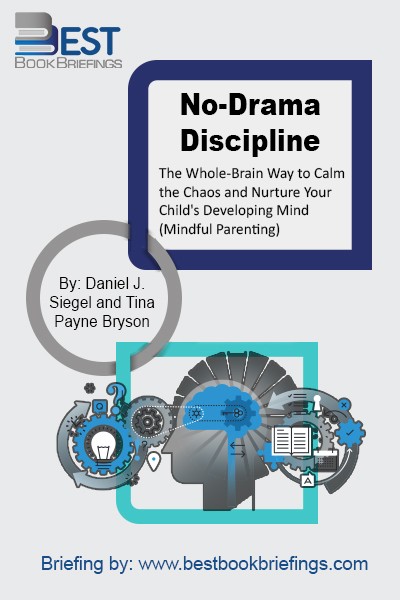
Do you ever find yourself asking, after an especially agonizing interaction with your kids, “Can’t I do better than this? Can’t I handle myself better, and be more effective parent? Can’t I discipline in ways that calm the situation rather than create more chaos?” You want the bad behavior to stop,
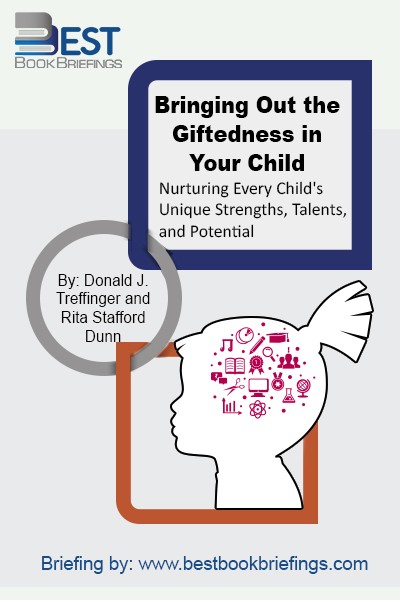
Giftedness should extend far beyond a category or a label; it should certainly not be confined to a score or an IQ or achievement test. The test simplifies the recognition of some talents, but the complex potential of a child’s talents, sustained interests, and special aptitudes cannot be represented by performance
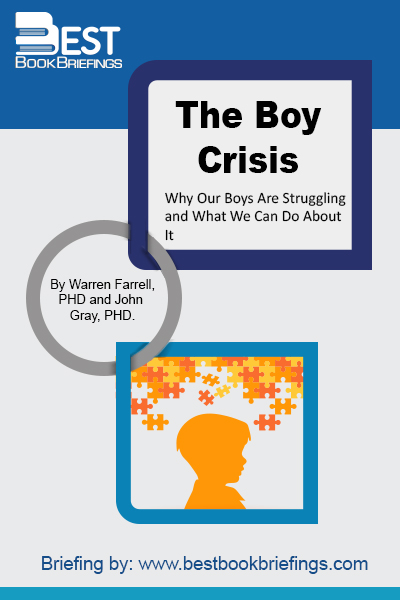
What is the boy crisis? It’s a crisis of education. Worldwide, boys are 50 percent less likely than girls to meet basic proficiency in reading, math, and science. It’s a crisis of mental health. ADHD is on the rise. And as boys become young men, their suicide rates go from equal to girls
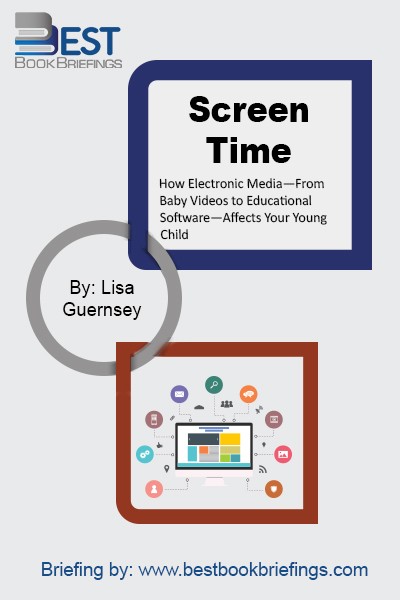
This book is mainly about of television and media's time and content on children. The studies on how children respond to content led us to ask: what exactly are our children watching? Can they make sense of it? Will they try to imitate what happens on screen? Could they learn from

The average American child spends only four to seven minutes a day outdoors. Those same children devote more than seven hours daily to staring at screens, replacing reality with virtual alternatives. Most boys rack up more than 10,000 gaming hours before the age of twenty-one. Children can now recognize greater than
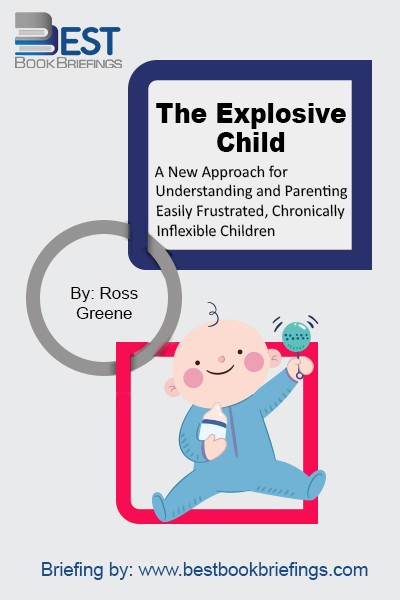
Dealing more effectively with explosive children requires, first and foremost, an understanding of why these children behave as they do. Once this understanding is achieved, strategies for helping things improve often become self-evident. In some instances, achieving a more accurate understanding of a child’s difficulties can, by itself, lead to improvements
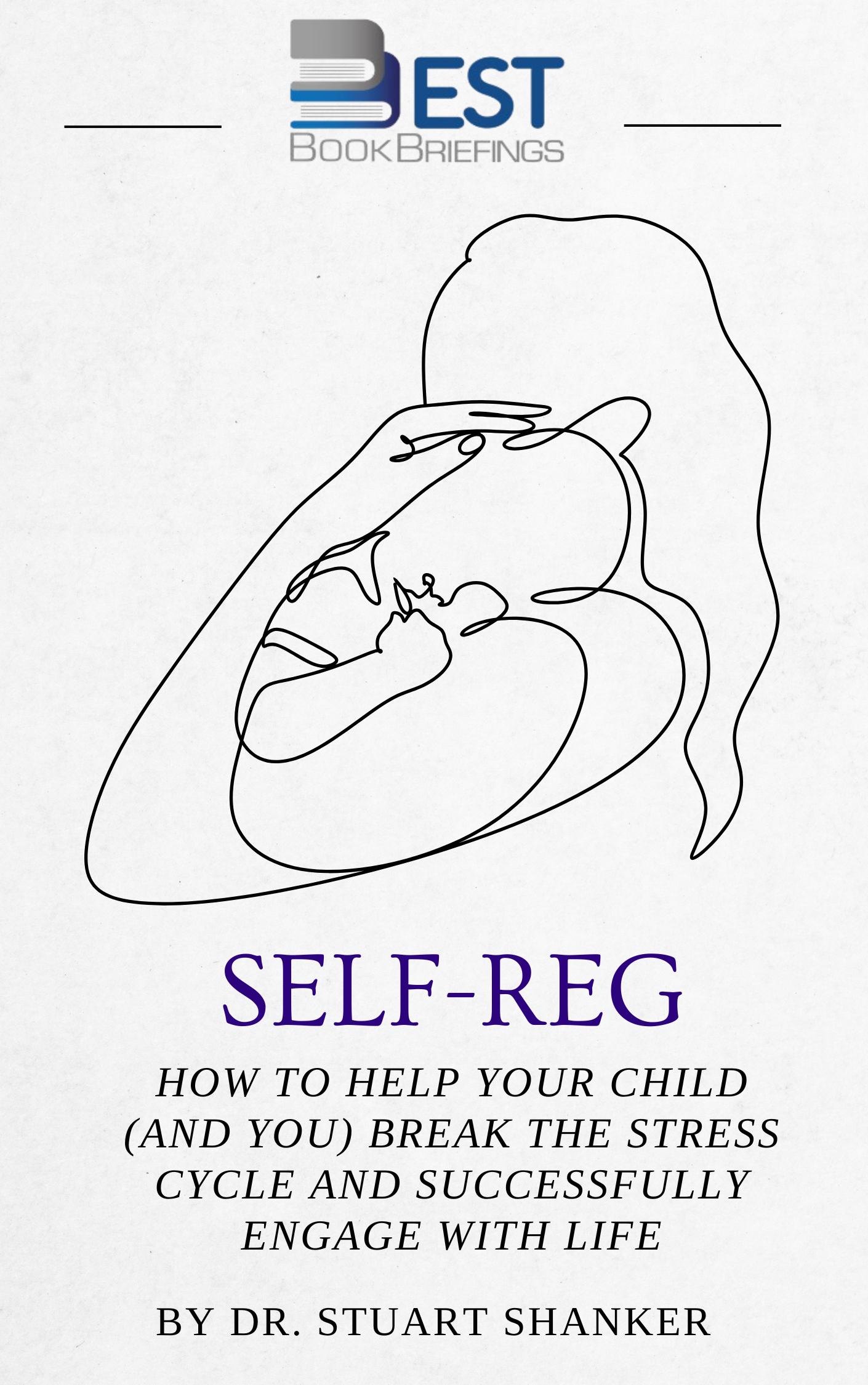
Self-Reg will show you where to stand: how to bring your child’s behavior into focus, respond to your child’s needs, and help your child help himself. It will strengthen your relationships. This is not about getting your child to “behave”-to stop doing or saying things that irritate you or others or

